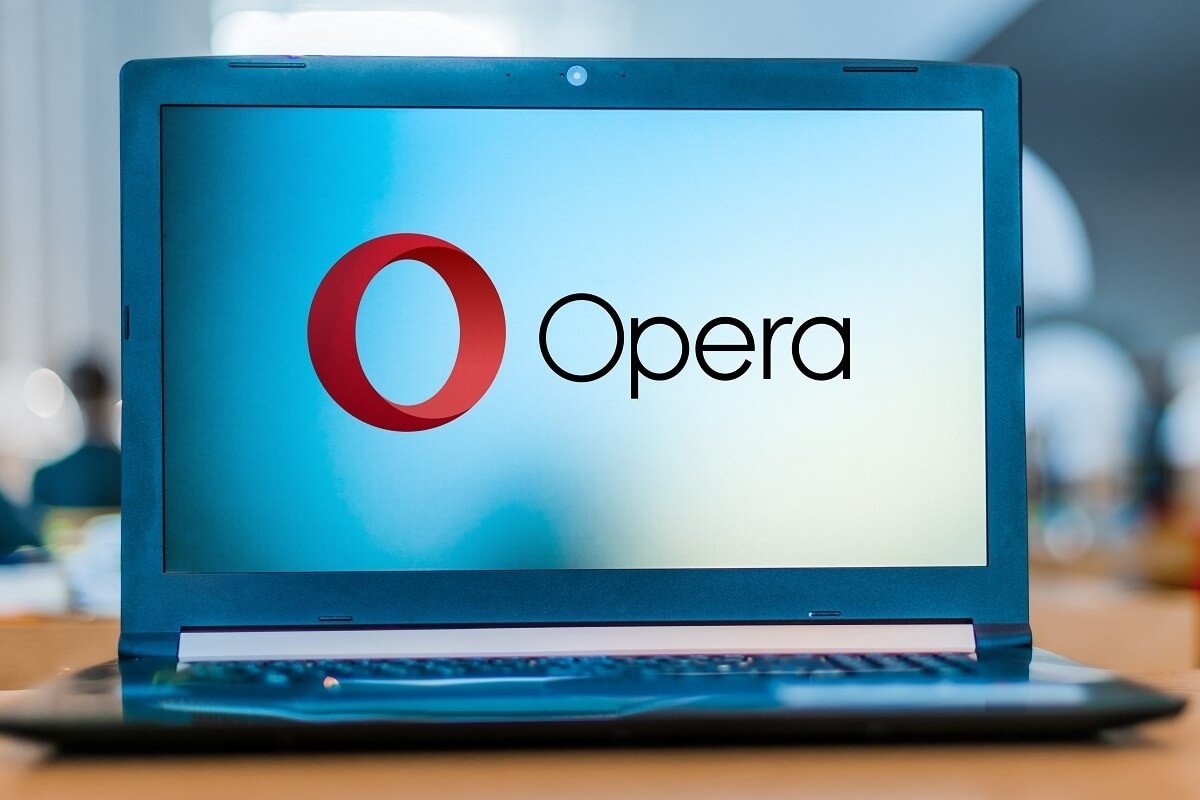On September 13, Opera Mini, a widely-used browser, announced its plan to launch a new non-custodial wallet in partnership with the Celo Blockchain, seamlessly integrating it with its mobile web browser and making it accessible to users in Africa.
The Opera Mini and Celo partnership will introduce the MiniPay wallet, empowering users to sell, buy, and trade stablecoins effortlessly.
What sets MiniPay apart is its capacity to enable payments using just a phone number, marking a significant advancement in the mobile payments landscape.
The ultralight self-custodial stablecoin wallet, comprising a mere 2 megabytes, boasts rapid transaction speeds, allowing for transfers in less than 5 seconds. Its versatile design accommodates various local payment methods, including Airtime, MPesa, bank transfers, and card payments.
According to the announcement, transactions on MiniPay are not only instant and seamless but also entail minimal gas fees, thanks to the utilization of ERC-20 tokens like stablecoins.
Additionally, the wallet streamlines the onboarding process for new users by eliminating the need for the web3-savvy “Connect Wallet” step, allowing for smoother integration of Google credentials.
Opera Mini will tap into Celo’s foundational infrastructure, leveraging features like FiatConnect and SocialConnect.
This strategic move aims to craft a more user-friendly wallet and facilitate convenient transactions with stablecoins across Africa. This initiative is poised to impact the mobile payments landscape in the region substantially.
Jørgen Arnesen, the Executive Vice President of Opera Mobile, said that.
“We are thrilled to unveil MiniPay, a cutting-edge collaboration between Opera and the Celo Foundation that directly addresses existing concerns around how payments are made in the region.”
Celo and Opera Mini Collaborate to Address Financial Challenges in Africa with MiniPay Wallet Integration
Celo emphasizes that while the wallet is accessible to users worldwide, it is purposefully tailored to address the specific needs of the African market.
The decision to focus on Africa stems from the region’s challenges, including inadequate infrastructure, high unemployment rates, and currency volatility. This strategic move aims to empower African users with a more resilient and efficient financial tool.
According to Celo, the MiniPay wallet integration with Opera Mini will be initially rolled out to users in Nigeria, with subsequent launches planned for Kenya, Ghana, and South Africa.
This “presents them a unique opportunity to offer a more stable way to store and send money using digital assets.”
“Users in Nigeria, Kenya, Ghana, and South Africa have indicated lingering concerns about high fees, unreliable service uptimes, a lack of transparency around transaction progress and a lack of access to mobile data,” Arnesen added.
Opera Mini, a browser with a 17-year legacy and over 300 million global users, now serves as a conduit for Celo to introduce millions of African mobile internet users to Web3.
Celo co-founder Rene Reinsberg said integrating the MiniPay wallet into Opera Mini will give users a seamless experience with fast, transparent transactions on the Celo blockchain.
He also said this will introduce users to dApps and projects built on Celo that provide meaningful benefits.
This isn’t Opera Mini’s first foray into Web3. Opera had once unveiled a the beta version of the Web3-ready non-custodial wallet in January 2022. The wallet, named “Crypto Browser Project” was meant to offer users direct access to Web 3 services across multiple networks and was available for Windows, Mac, and Android users.
Since then, Opera has been pushing forward in the Web3 space with different partnerships and launching different features for its Crypto Browser.
Read the full article here



